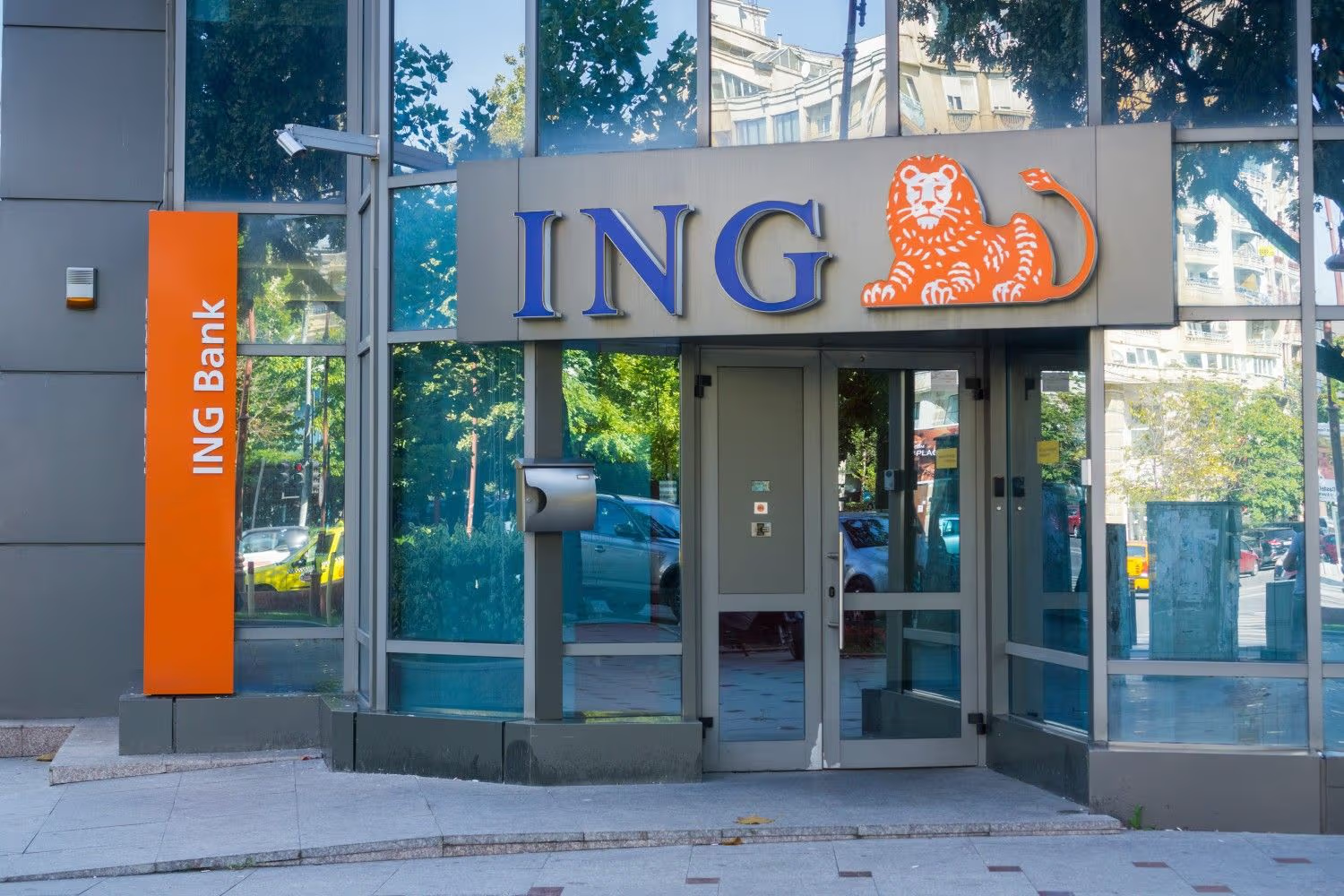Dutch bank ING is reportedly working on a new stablecoin with other TradFi and crypto companies
Dutch bank ING is reportedly developing a new stablecoin in collaboration with other traditional financial and crypto companies
According to two sources familiar with the project, ING's stablecoin could be implemented as a consortium that would include several other banks and cryptocurrency service providers.
Author: Ian Ellison | Edited by: Aoyon Ashraf April 22, 2025, 1:00 PM

What is important to know:
- The European MiCA regulation has given banks the ability to issue regulated stablecoins within a 27-country bloc.
- Banks like ING are targeting the European stablecoin market and will compete with French lender Société Générale.
Dutch bank ING is developing the stablecoin to take advantage of new European cryptocurrency rules that came into force last year, according to two people familiar with the project.
Both sources noted that the ING stablecoin project could be organized as a consortium with the participation of other banks and cryptocurrency service providers.
“ING will develop a stablecoin project with several other banks. The process is slow as several banks need board approval to set up a joint venture,” one of the sources said.
ING declined to comment on the situation.
The European Cryptocurrency Markets Regulation (MiCA) requires stablecoin issuers in EU countries to be licensed, while promoting the prospects of euro-denominated stablecoins (most existing stablecoins are pegged to the US dollar).
MiCA's rules on stablecoins, which also require issuers to maintain significant reserves at European banks, have increased the compliance of offerings like Circle's EURC stablecoin compared to its main competitor Tether, according to a JPMorgan report earlier this year.
The entry of banks like ING into the stablecoin market in Europe means that Société Générale, the first major bank to offer a stablecoin through its innovation arm SG Forge, will soon have some competition.
Read more: Stablecoin market could reach $2 trillion by end of 2028: Standard Chartered



